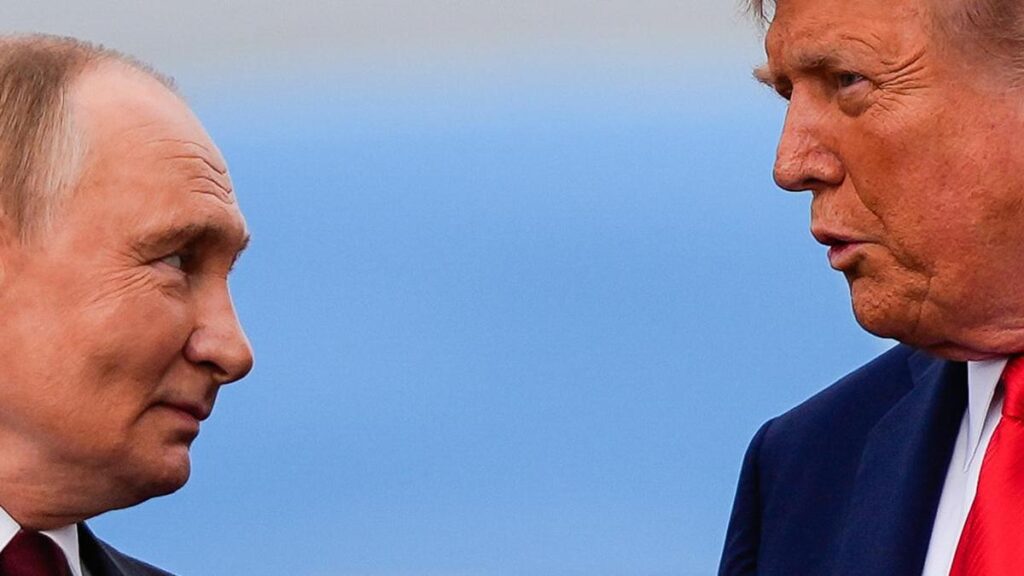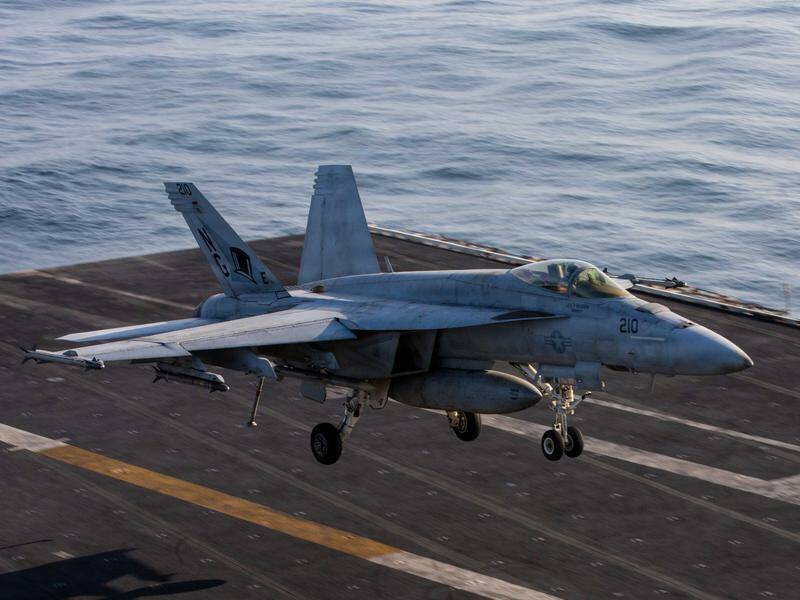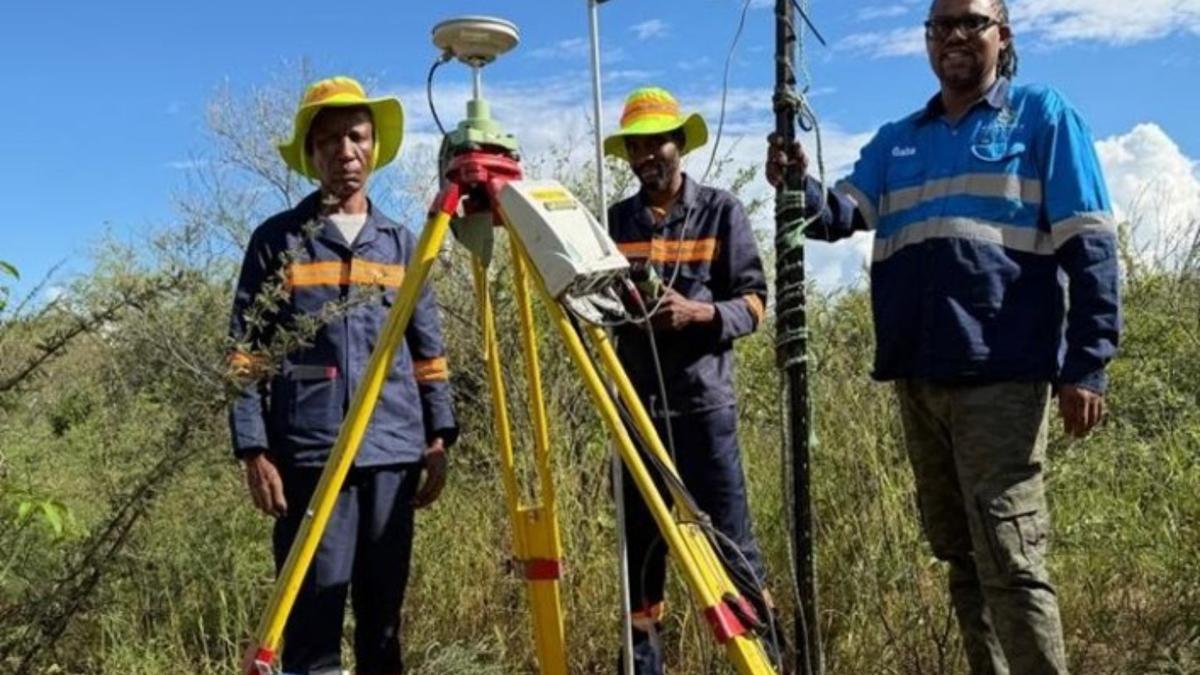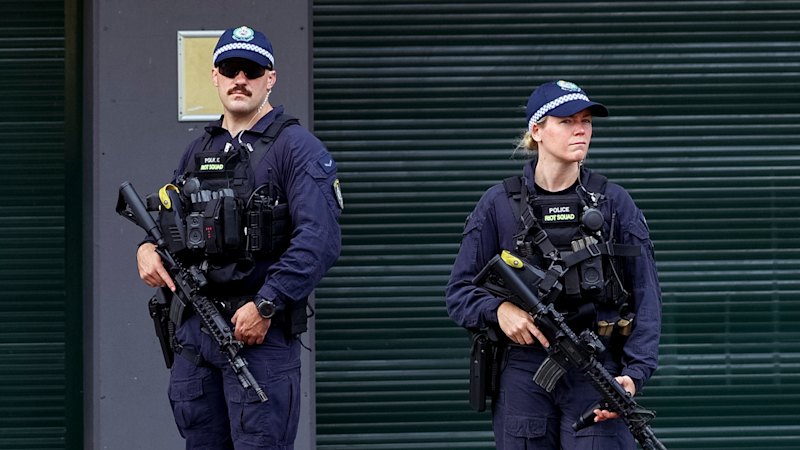
URGENT UPDATE: The Kremlin has just announced that the so-called “European party of war” is obstructing both US and Russian initiatives aimed at achieving peace in Ukraine. This statement underscores escalating tensions as diplomatic efforts to resolve the ongoing conflict become increasingly complex.
In a bold declaration, a Kremlin spokesperson stated that European actions are undermining vital negotiations. The spokesperson’s comments, made earlier today, emphasize the critical role European nations play in shaping the future of peace talks. This development could have far-reaching implications, as it threatens to stall progress in a conflict that has already claimed thousands of lives.
Why This Matters NOW: With the conflict in Ukraine entering its third year, any hindrance to peace negotiations is alarming. The Kremlin’s remarks indicate a growing divide between the US, Russia, and European allies, raising concerns about a prolonged conflict. As the humanitarian crisis deepens, the urgency for a resolution has never been more pressing.
The Kremlin’s rhetoric comes amid increasing pressure on Western nations to support Ukraine militarily. The spokesperson’s comments label the European approach as one that promotes warfare rather than diplomacy, suggesting that a shift in strategy is necessary for any hope of peace. The implication is clear: without cooperation from Europe, the path to resolution may be fraught with further violence.
As world leaders continue to grapple with the implications of this statement, attention now shifts to future diplomatic engagements. Key players in the international community are expected to respond, and their reactions could either exacerbate tensions or pave the way for renewed dialogue.
Next Steps: Watch for upcoming summits and discussions among European leaders and their responses to the Kremlin’s allegations. The international community is on high alert, as a failure to address these claims could lead to an escalation of hostilities in the region.
Public opinion is also a crucial factor; citizens across Europe are increasingly concerned about their governments’ roles in the conflict. This statement from the Kremlin may amplify calls for a reassessment of military support for Ukraine.
In conclusion, as the situation develops, the implications of the Kremlin’s accusations will be closely monitored. The urgency for a unified approach to peace in Ukraine has never been clearer, and the world watches closely for the next move in this high-stakes diplomatic chess game.






